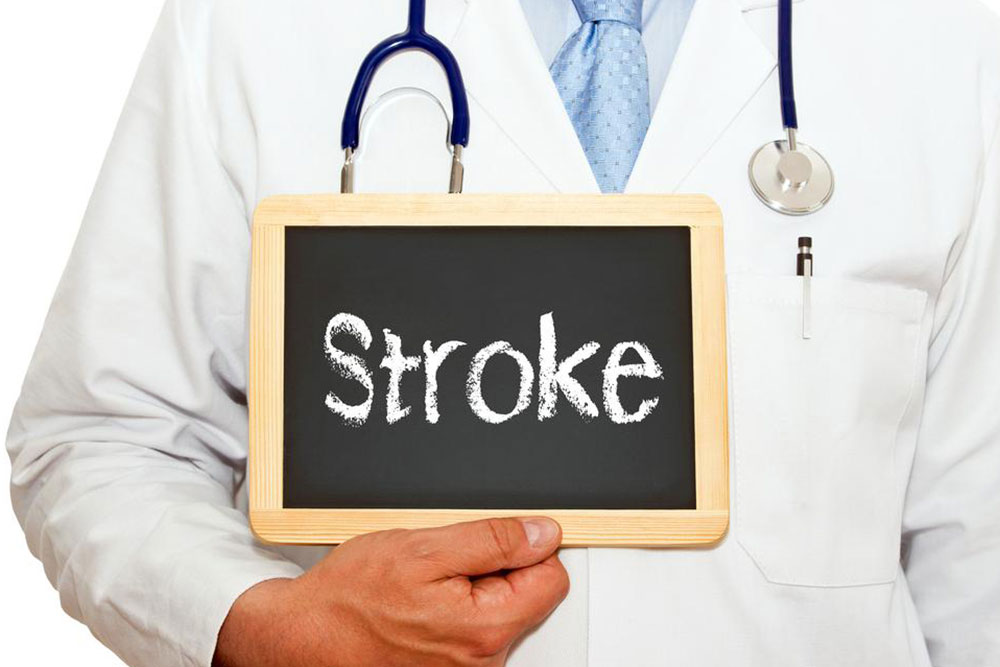Understanding Vitamin B12 Deficiency: Causes, Symptoms, and Prevention
Learn about the causes, symptoms, and prevention of vitamin B12 deficiency in this comprehensive guide. Discover key food sources, risk groups, and the importance of maintaining optimal B12 levels for health and well-being.
Understanding Vitamin B12 Deficiency: Causes, Symptoms, and Prevention
Vitamin B12 is a vital nutrient necessary for overall health, supporting red blood cell production, DNA synthesis, and nervous system function. Adequate intake is essential to maintain well-being. A deficiency, often called pernicious anemia, can impair red blood cell activity and cause various health issues.
This article explores the causes of B12 deficiency and highlights common symptoms to watch for.
Causes of Vitamin B12 Deficiency
Most often, deficiency results from gastrointestinal conditions like gastritis, certain surgeries removing stomach parts, pernicious anemia, or disorders affecting vitamin absorption and transport.

Signs and Symptoms of B12 Shortage
Symptoms of vitamin B12 deficiency vary among individuals and, if untreated, can lead to serious health concerns.
Fatigue, Weakness, and Lethargy
Low B12 levels decrease red blood cell count, reducing oxygen transport, which causes tiredness and weakness.
Mental and Behavioral Changes
Since B12 is crucial for nervous system function, deficiency may result in depression, memory issues, and mood shifts.
Skin and Oral Changes
Paleness or yellowing skin can occur due to anemia. Mouth ulcers, inflamed tongue (stomatitis, glossitis), and burning sensations are also common.
Nerve-Related Symptoms
Impaired sensations like tingling or pins and needles, especially in limbs, along with coordination problems and difficulty walking.
Other Indicators
Gastrointestinal issues such as constipation, bloating, or diarrhea; visual disturbances; jaundice; weight loss; nausea; muscle weakness; irritability; and cognitive decline.
This deficiency is more prevalent in vegetarians, seniors over 60, pregnant women, and breastfeeding mothers. Consulting a healthcare provider for testing and diagnosis is essential for appropriate treatment.
Dietary and Supplement Sources
Vitamin B12 is mainly obtained from animal products like fish, poultry, eggs, and meat. Since plant-based diets lack B12, vegetarians and vegans may need fortified foods or supplements. B12 supplements and fortified cereals are also available.
The required daily intake varies with age and health status, generally around 2.4 micrograms for adults. Ensuring sufficient consumption of B12-rich foods can prevent deficiency symptoms. However, persistent symptoms or risk factors should prompt medical evaluation to rule out other conditions.
Note:
Our blog offers diverse information based on thorough research. While helpful, articles should not replace professional medical advice. For accurate diagnosis and treatment, consult a healthcare provider. We're not responsible for discrepancies or information outside this site, including offers or schemes not covered here.










